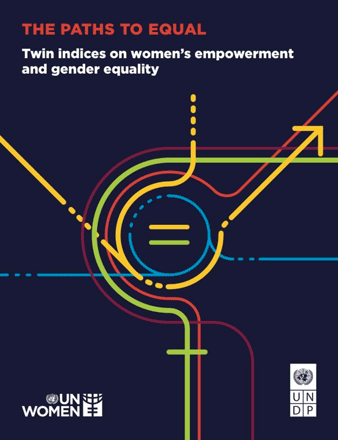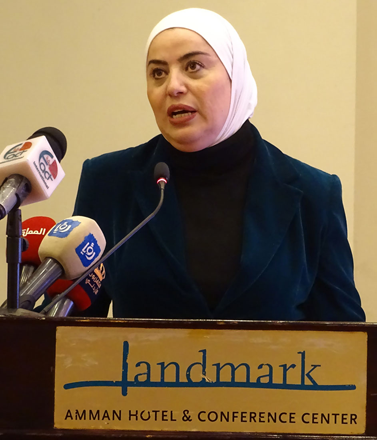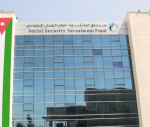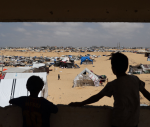You are here
Jordan scores low in women’s empowerment, gender parity categories in UN report
By Mays Ibrahim Mustafa - Aug 13,2023 - Last updated at Aug 13,2023

AMMAN — Jordan scored low in the women’s empowerment and gender parity categories in a recent report by UN Women and the United Nation Development Programme (UNDP).
The report, titled “The Paths to Equal: Twin indices on women’s empowerment and gender equality”, highlights challenges faced by women around the world using two indices.
The Women’s Empowerment Index (WEI), “measures women’s power and freedoms to make choices”, and The Global Gender Parity Index (GGPI), “assesses gender disparities in key dimensions of human development”.
Jordan was listed among the countries with low scores in the women’s empowerment category, with a WEI score of 0.488 in 2022. The Kingdom also marked a low performance on the GGPI, with a score of 0.562.
The rate of women of reproductive age (15 to 49 years old) in Jordan whose family planning needs were satisfied with modern methods stood at 57 per cent in 2022. The adolescent birth rate in Jordan reached 24.9 births per 1,000 women between the ages of 15 and 19 the same year, the report said.
It also revealed that the share of seats held by women in parliament stood at 13.3 per cent in 2023. In local government, women held 24.9 per cent of seats from 2015 to 2022.
“In the United Arab Emirates — the only country in Western Asia and North Africa to reach parity in parliament representation — a quota set by presidential decree has boosted the share of parliamentary seats held by women to 50 per cent since the 2019 election,” the report stated.
The report also pointed out that more women than men occupy management positions in Jordan. The share of managerial positions held by women reached 57.2 per cent during the period between 2015 and 2022.
“Despite the progress in representation, it is not enough to support women in getting to positions of greater power. It is important to address structural barriers, as well as the backlash driven by discriminatory gender norms.
“Female parliamentarians point to disruption of formal processes, technological barriers, lack of childcare and online harassment as new obstacles reversing progress in promoting gender-sensitive parliaments and gender-responsive legal reforms,” the report stated.
Moreover, the report showed that 13 per cent of partnered women and girls from 15 to 49 years old reported being subjected to physical and/or sexual violence by a current or former intimate partner “in the previous 12 months”, based on 2018 figures.
The fraction of life expectancy at birth spent in good health stood at 85.3 per cent for females and 88.4 per cent for males in 2019, according to the report.
It also said that 49.9 per cent of the female population in Jordan aged 25 and older had completed secondary education or higher, compared to 50.6 per cent for their male counterparts, based on 2022 figures.
Moreover, it revealed that 38.3 per cent of female youth and 28.3 per cent of male youth between 15 and 24 years old were not involved in education, employment or training between 2012 to 2022.
The labour force participation rate among prime-working-age coupled individuals in Jordan aged 25 to 54 with at least one child under the age of six years stood at 9.9 per cent for females, compared to 76.2 per cent for males, during the period between 2012 and 2022, the report showed.
Jordan was also listed among countries with “large” gender gaps in financial account ownership, with a score equal to 24.5 percentage points.
The report said that 34.1 of females and 58.6 of males aged 15 and older owned an account at a financial institution or a mobile-money-service provider in 2021.
Related Articles
AMMAN — The Jordanian National Commission for Women on Thursday said that the Kingdom almost maintained its position on the recently publish
AMMAN — A regional conference to boost women’s participation in the private sector will be held in Amman on Monday.The launch event is entit
AMMAN — Minister of Social Development Wafa Bani Mustafa called on the private sector to adopt a code of conduct that would ensure a friendl
















